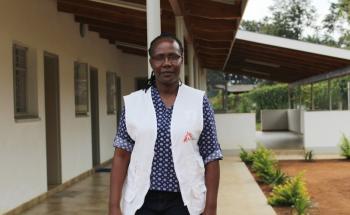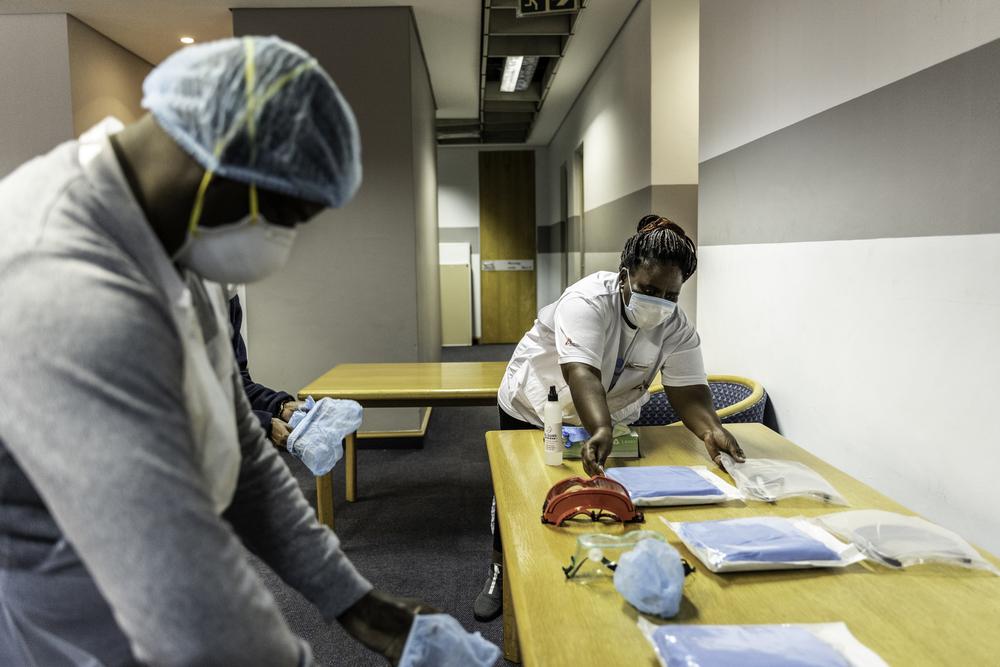
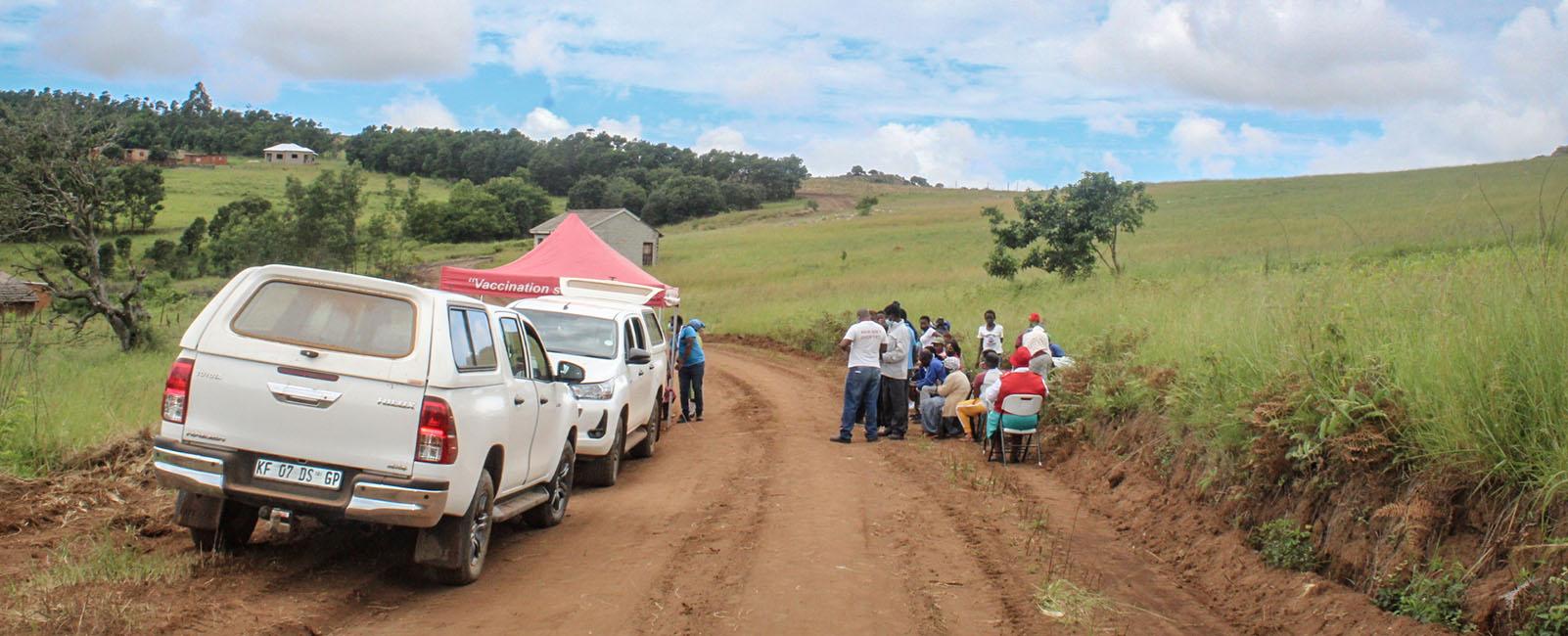
Eswatini (formerly Swaziland)
Estimates suggest that HIV incidence rates in Eswatini have fallen in recent years, as significant progress has been made in improving the number of people receiving antiretroviral (ARV) treatment.
We continue to help more HIV patients access ARV treatment through the ’test and start’ strategy. A team has been piloting ‘test and start’ in the Nhlangano project; after HIV testing, ARV treatment was offered to more than 1,700 people after a positive HIV diagnosis to start treatment immediately.
We now treat patients with extensively drug-resistant TB (XDR-TB) and those developing severe side effects, using the promising new drugs bedaquiline and delamanid in combination with repurposed drugs.
Our Activities in Eswatini in 2022
Data and information from the International Activity Report 2022.
123
123
€4.7 M
4.7M
2007
2007

In 2022, during the fourth COVID-19 wave, we provided home-based support, enabling patients to receive treatment for the virus without having to travel long distances. As well as home visits, we offered follow-up care through teleconsultations. As new infections declined from July, we switched our focus to providing vaccinations and using the two oxygen plants we installed in Hlathikhulu and Nhlangano in 2021 to improve care for patients with COVID-19 and other oxygen-dependent conditions.
As part of our patient-centred approach, we continued to run innovative, digitally-supported programmes that guarantee the quality of care, such as video-observed therapy for drug-resistant TB, whereby a health worker remotely watches a patient take their medication. We also introduced ‘The Pocket Clinic’ project, which offers counselling sessions pre- and post-HIV testing through smart devices. These types of innovations strengthen adherence to treatment, as they make seeking care easier and more affordable.
To curb the spread of HIV in Eswatini, which has the highest prevalence of the disease in the world, MSF offered health education and access to preventive measures, such as condoms and pre-exposure prophylaxis, to people who tested negative.
We also initiated a study to examine the burden of sexually transmitted infections (STIs) and the feasibility of providing STI care in the community in Eswatini. The study assessed the prevalence of asymptomatic and symptomatic STIs and involved continuous engagement with participants through interviews. The results will be disseminated at the end of 2023.
To address the rise in non-communicable diseases, a pilot programme was implemented for fixed-dose combinations of two drugs in a single pill for hypertension treatment.
We have also been implementing environmentally-friendly measures to minimise MSF’s carbon footprint, using solar panels to generate electricity in a remote clinic in Gege and using hybrid energy vehicles for transport where possible.
In 2022

6,620
6,62
690
69
140
14

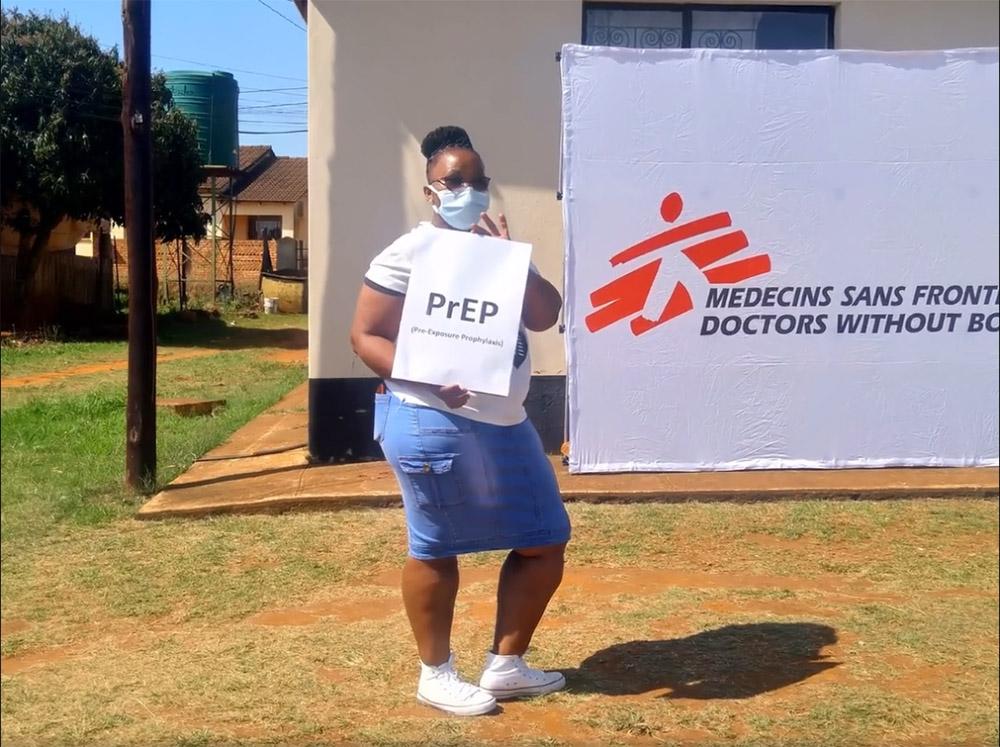
Eswatini: How we joined the Jerusalema Dance Challenge to help save lives
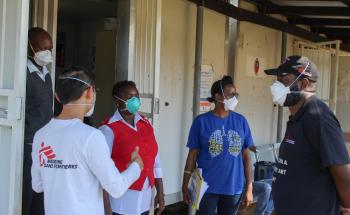
Eswatini: Responding to COVID-19 in a country already fighting a dual HIV/TB epidemic
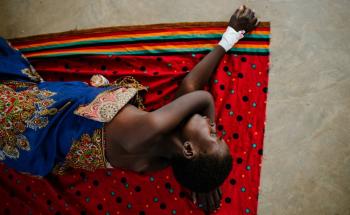
“No time to lose”: Rapid tests at local clinics desperately needed to prevent aids deaths
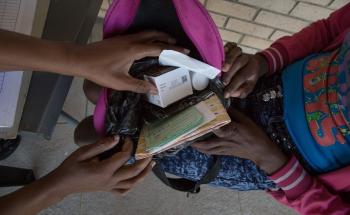
MSF hands over its Manzini project, continues activities in Shiselweni.
